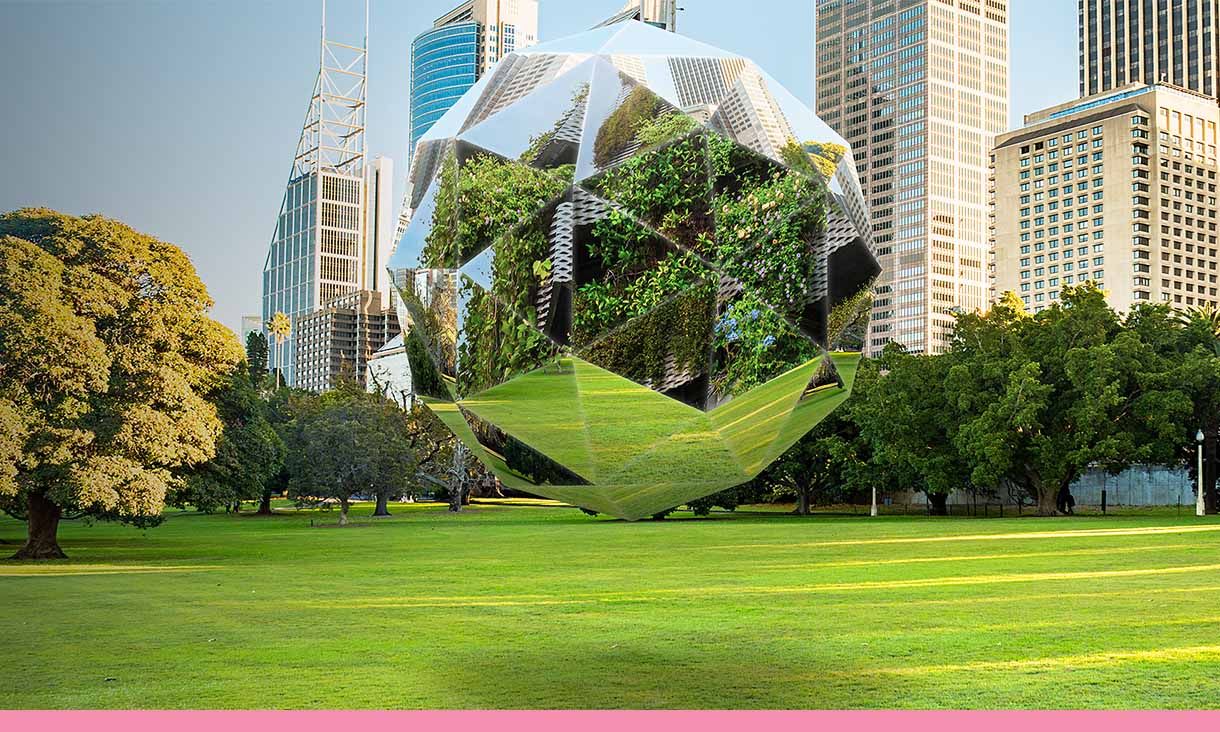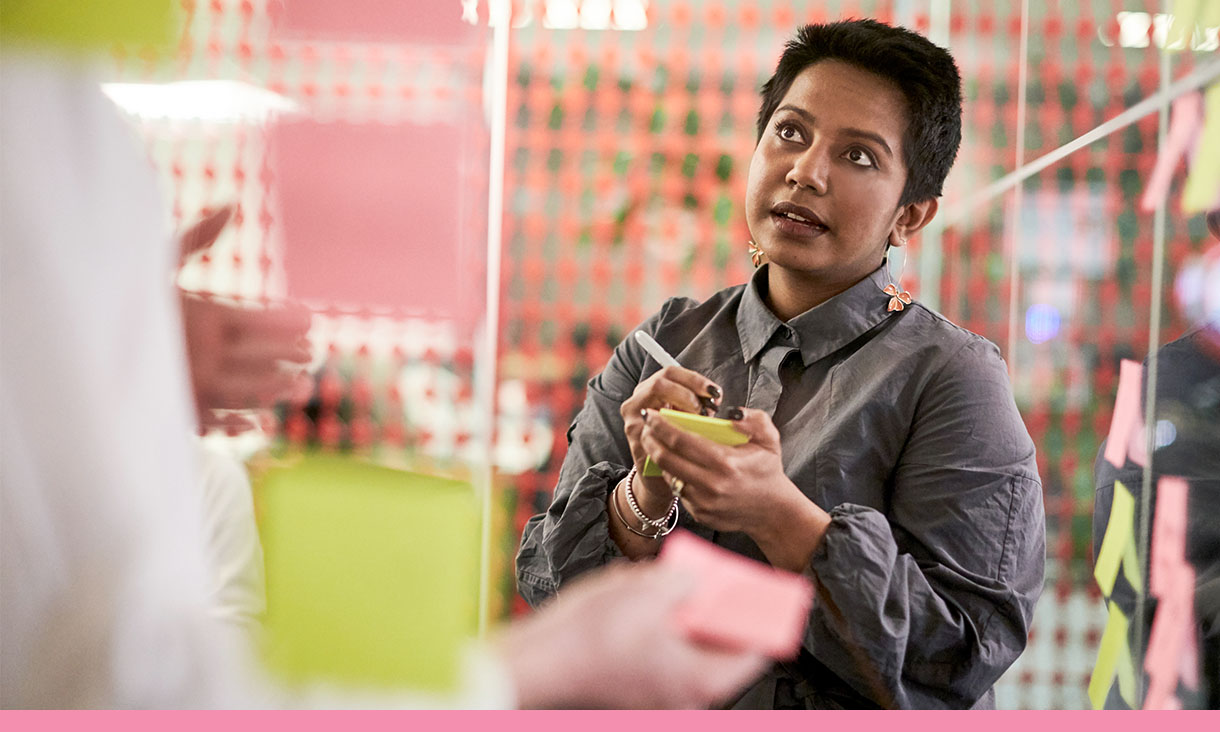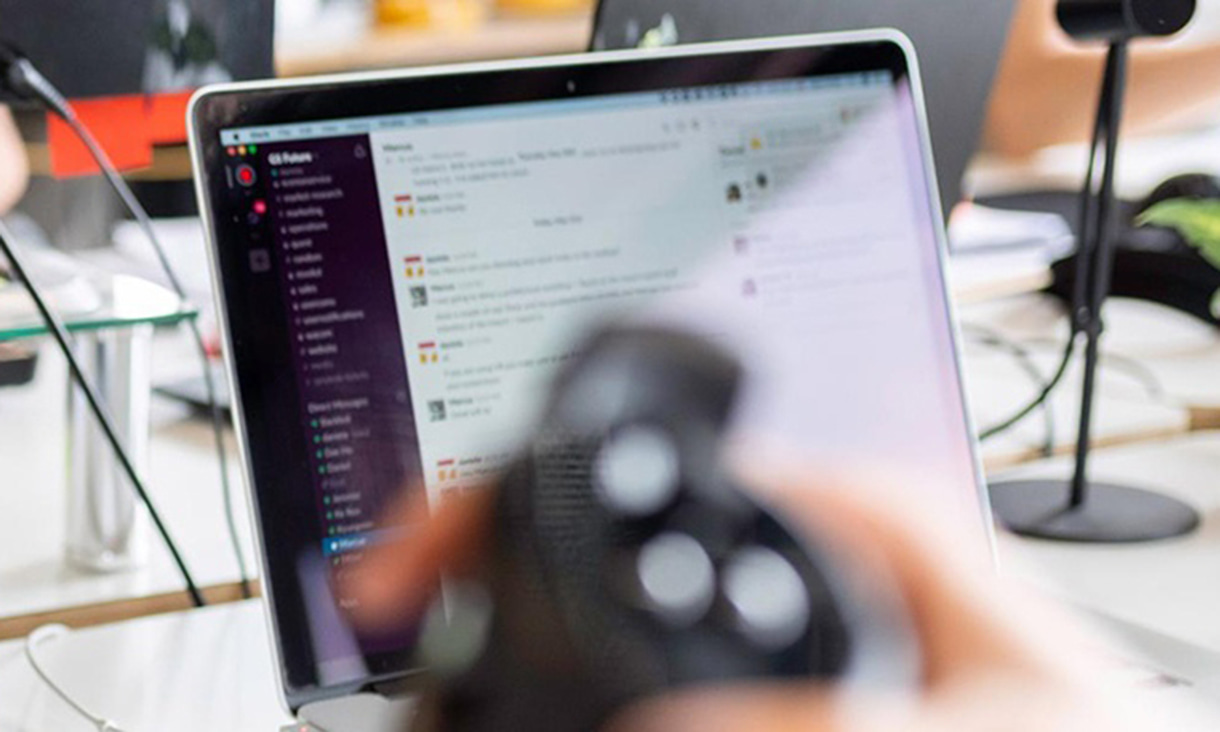Of course, hard skills are really only half the story. Think of it this way: hard skills build the infrastructure of sustainability, and soft skills are what bring it to life. If you’ve ever worked in a large organisation, you’ll know: sustainability is as much about people as it is about process.
1. Systems Thinking
Sustainable business leaders need to see the big picture. This is what we mean by Systems Thinking. Systems Thinking allows managers to understand how different elements – economic, social, and environmental – all join together. For example, a restaurant reducing food waste has to consider all sorts of stuff: inventory practices, menu design, employee training, supply chain procurement, and even customer behaviour and food trends. Seeing these links helps you craft holistic solutions that actually work.
2. Transparent communications
Consumers, investors and employees increasingly expect clear comms about a company’s environmental efforts. This might be an annual ESG report, or a regular internal newsletter. The point is, if you want to make change, it needs to be done out in the open, and you need to talk about it. A lot.
Being able to craft honest, impactful sustainability reports and marketing messages builds trust. Both inside and outside the company. Patagonia’s famous “Don’t Buy This Jacket” campaign is a great example. It encouraged consumers to rethink fast fashion and earned the brand some serious loyalty.
3. Leadership and change management
Change management is a whole degree in itself (literally). But that doesn’t mean it’s not something you can work on.
Introducing sustainability often requires reshaping a company’s culture. And this means overcoming resistance, aligning diverse stakeholders, and inspiring long-term commitment. Strong leaders are the glue in this process. You can’t effect change without them. When Paul Polman was CEO of Unilever, for example, he prioritized sustainability at the highest level, linking environmental targets to business strategy and convincing shareholders it was a path to profit, not a diversion from it.
This top-down approach is what makes sustainability stick. If employees know that management is on-board, it encourages company-wide buy-in.
4. Empathy and ethical reasoning
When you get right down to it, sustainability is rooted in care. For people, communities and the planet. Ethical decision-making and empathy help leaders balance profit motives with social responsibility. These soft skills are vital when evaluating trade-offs, like whether to choose a cheaper supplier or a fair-trade-certified one that benefits farmers.
And empathy doesn’t just help with sustainability. It’s good for morale and attrition, too.











